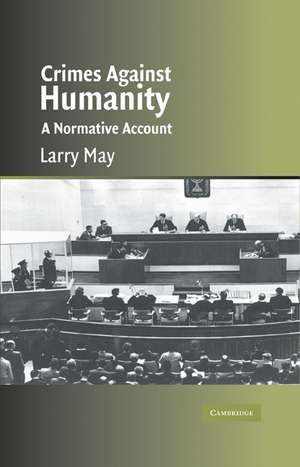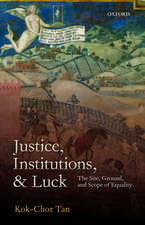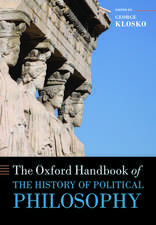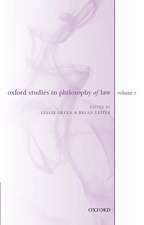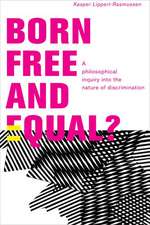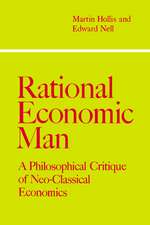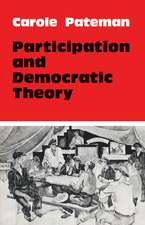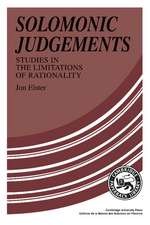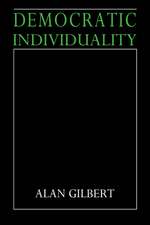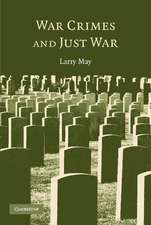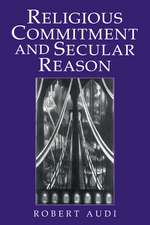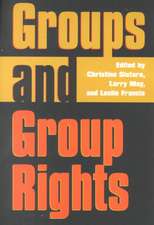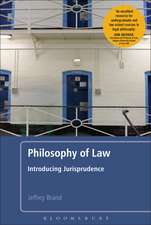Crimes against Humanity: A Normative Account: Cambridge Studies in Philosophy and Law
Autor Larry Mayen Limba Engleză Paperback – 21 noi 2004
| Toate formatele și edițiile | Preț | Express |
|---|---|---|
| Paperback (1) | 293.93 lei 6-8 săpt. | |
| Cambridge University Press – 21 noi 2004 | 293.93 lei 6-8 săpt. | |
| Hardback (1) | 559.47 lei 6-8 săpt. | |
| Cambridge University Press – 31 oct 2004 | 559.47 lei 6-8 săpt. |
Din seria Cambridge Studies in Philosophy and Law
-
 Preț: 348.39 lei
Preț: 348.39 lei -
 Preț: 176.62 lei
Preț: 176.62 lei - 11%
 Preț: 688.23 lei
Preț: 688.23 lei -
 Preț: 354.41 lei
Preț: 354.41 lei -
 Preț: 322.89 lei
Preț: 322.89 lei -
 Preț: 283.79 lei
Preț: 283.79 lei -
 Preț: 444.08 lei
Preț: 444.08 lei - 11%
 Preț: 690.27 lei
Preț: 690.27 lei -
 Preț: 385.61 lei
Preț: 385.61 lei -
 Preț: 378.86 lei
Preț: 378.86 lei -
 Preț: 250.78 lei
Preț: 250.78 lei -
 Preț: 389.66 lei
Preț: 389.66 lei - 11%
 Preț: 511.22 lei
Preț: 511.22 lei - 11%
 Preț: 694.38 lei
Preț: 694.38 lei -
 Preț: 445.43 lei
Preț: 445.43 lei -
 Preț: 333.77 lei
Preț: 333.77 lei - 14%
 Preț: 743.77 lei
Preț: 743.77 lei -
 Preț: 230.51 lei
Preț: 230.51 lei - 11%
 Preț: 613.64 lei
Preț: 613.64 lei - 14%
 Preț: 898.59 lei
Preț: 898.59 lei - 11%
 Preț: 645.26 lei
Preț: 645.26 lei -
 Preț: 297.06 lei
Preț: 297.06 lei - 14%
 Preț: 677.87 lei
Preț: 677.87 lei -
 Preț: 275.60 lei
Preț: 275.60 lei -
 Preț: 210.25 lei
Preț: 210.25 lei -
 Preț: 370.73 lei
Preț: 370.73 lei -
 Preț: 252.53 lei
Preț: 252.53 lei - 11%
 Preț: 439.29 lei
Preț: 439.29 lei - 14%
 Preț: 684.76 lei
Preț: 684.76 lei - 11%
 Preț: 693.02 lei
Preț: 693.02 lei -
 Preț: 346.23 lei
Preț: 346.23 lei - 11%
 Preț: 700.38 lei
Preț: 700.38 lei - 11%
 Preț: 694.91 lei
Preț: 694.91 lei
Preț: 293.93 lei
Nou
Puncte Express: 441
Preț estimativ în valută:
56.25€ • 58.99$ • 46.82£
56.25€ • 58.99$ • 46.82£
Carte tipărită la comandă
Livrare economică 01-15 aprilie
Preluare comenzi: 021 569.72.76
Specificații
ISBN-13: 9780521600514
ISBN-10: 0521600510
Pagini: 326
Dimensiuni: 163 x 231 x 18 mm
Greutate: 0.45 kg
Editura: Cambridge University Press
Colecția Cambridge University Press
Seria Cambridge Studies in Philosophy and Law
Locul publicării:New York, United States
ISBN-10: 0521600510
Pagini: 326
Dimensiuni: 163 x 231 x 18 mm
Greutate: 0.45 kg
Editura: Cambridge University Press
Colecția Cambridge University Press
Seria Cambridge Studies in Philosophy and Law
Locul publicării:New York, United States
Cuprins
Part I. Universal Norms and Moral Minimalism: 1. Introduction; 2. Jus cogens norms; 3. Custom, opinio juris, and consent; Part II. Principles of International Criminal Law: 4. The security principle; 5. The international harm principle; 6. International crime: the case of rape; Part III. Prosecuting International Crimes: 7. Prosecuting minor players for crimes against humanity; 8. Prosecuting state leaders for crimes against humanity; 9. Prosecuting genocide amidst widespread complicity; Part IV. Defenses and Alternatives: 10. Superior orders, duress, and moral perception; 11. The international rule of law; 12. Victims and convictions; 13. Reconciliation and amnesty programs.
Recenzii
'Humanity has been much written about, but not crimes against it. This book, which combines insights into moral and social philosophy and law reminds us of the need to translate our professed human values into action to prevent their depredations. It is through such intellectual writings that our conscience is stirred to action.' M. Cherif Bassiouni, DePaul University College of Law
'Larry May brings an unusual combination of talents to this probing analysis of international criminal justice: philosophical insight and experience as a practicing criminal lawyer. Philosophers as well as international lawyers and experts on international relations will profit from his balanced and sensitive discussion.' Allen Buchanan, Duke University
'Larry May has written a book on crimes against humanity that provides careful analysis of the core issues for anyone - whether lawyer, moral or political philosopher, or plain citizen - interested in this subject.' Democratiya
'Larry May has definitely written a must-read on human rights and the persecution of human rights violations. Philosophers, ethicists, lawyers, historians, functionaries, and politicians will hardly find another book that offers a more encompassing and compelling and yet delicate treatment of the subject and its philosophical ramifications.' Ethical Perspectives
'May's book is located in a relatively unexplored area of international criminal law scholarship, at the crossroads of legal theory and moral and political philosophy.' Journal of Peace Research
'Larry May brings an unusual combination of talents to this probing analysis of international criminal justice: philosophical insight and experience as a practicing criminal lawyer. Philosophers as well as international lawyers and experts on international relations will profit from his balanced and sensitive discussion.' Allen Buchanan, Duke University
'Larry May has written a book on crimes against humanity that provides careful analysis of the core issues for anyone - whether lawyer, moral or political philosopher, or plain citizen - interested in this subject.' Democratiya
'Larry May has definitely written a must-read on human rights and the persecution of human rights violations. Philosophers, ethicists, lawyers, historians, functionaries, and politicians will hardly find another book that offers a more encompassing and compelling and yet delicate treatment of the subject and its philosophical ramifications.' Ethical Perspectives
'May's book is located in a relatively unexplored area of international criminal law scholarship, at the crossroads of legal theory and moral and political philosophy.' Journal of Peace Research
Notă biografică
Descriere
This book was the first booklength treatment of the philosophical foundations of international criminal law.
